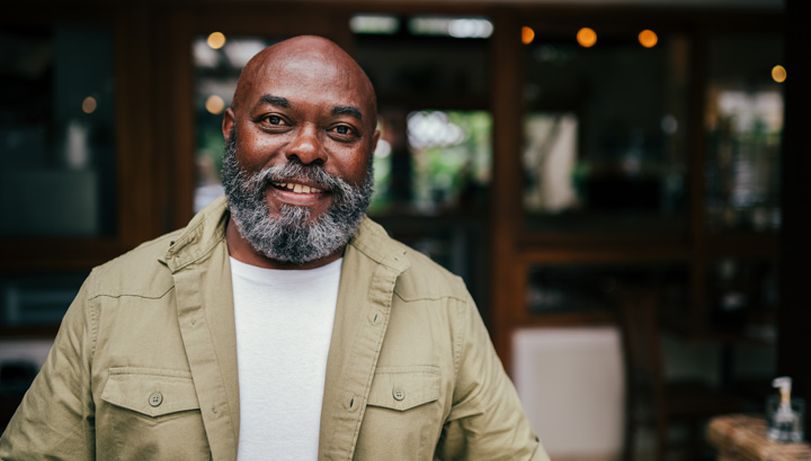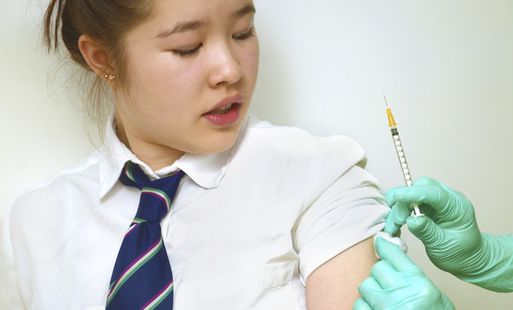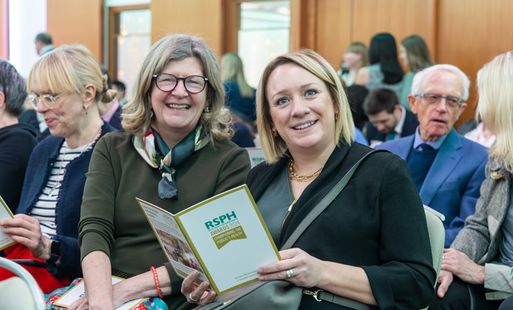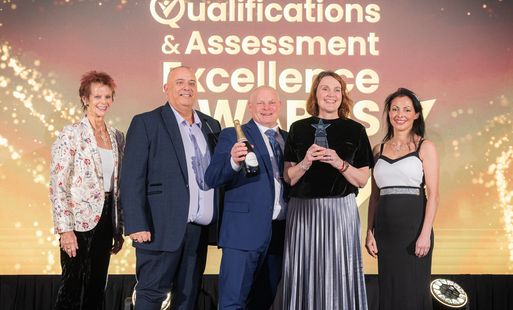Never Too Late to Change the Rate: What adults aged 50-70 think about respiratory vaccinations
Understanding what 50-70 year old people think about current and future respiratory vaccines is crucial for us to plan delivery in a way that works for them. In this report, we explore what older adults think about vaccines for respiratory illnesses.
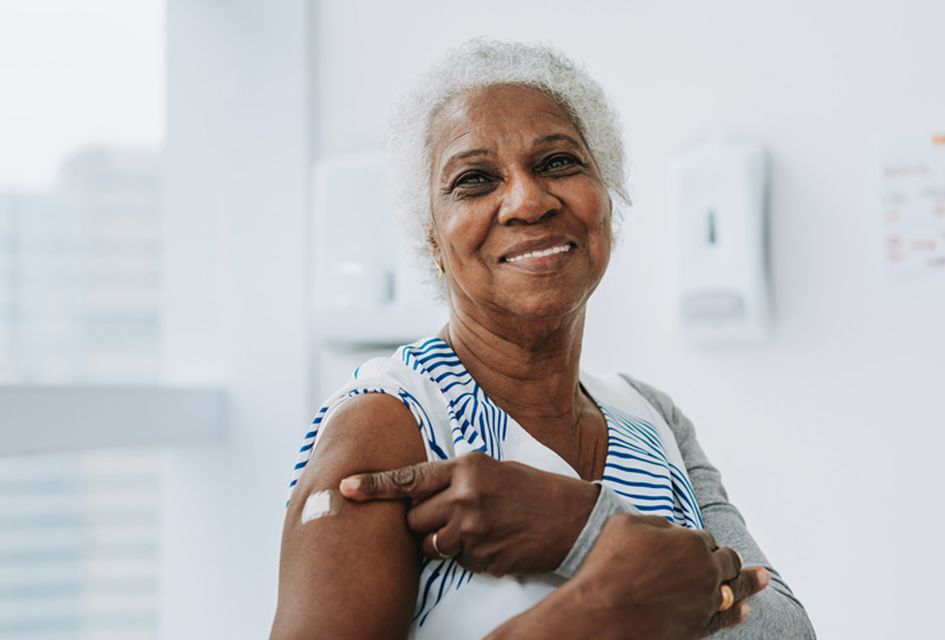
Vaccines play a crucial role in maintaining our health, but there is growing concern about the declining uptake of routine vaccinations in the UK. Some routine vaccinations are specific to older adults and people with underlying health conditions. Understanding what these groups think about current and future immunisation programmes is crucial, so that all those involved in vaccine manufacturing and delivery can work together to design effective programmes that support as many people as possible.
RSPH surveyed adults between 50 and 70 years old about their thoughts on vaccines for respiratory illnesses. We wanted to know what they were concerned about, whether there are links between health conditions and perceptions, where they obtained trusted information, and what would encourage them to have a vaccine.
Moderna has funded this research and had no editorial input into the content. Work was reviewed for compliance with the Association of British Pharmaceutical Industries Code of Conduct.
Never to late to change the rate: at a glance
Key findings:
- People from different ethnic backgrounds are less aware of how vaccines work. Only 67% of people of diverse backgrounds knew what vaccines did in our bodies, compared with 85% of their white peers.
- People with underlying health conditions (such as high blood pressure and diabetes) agree that vaccines are important to their health in a higher proportion than the general population.
- 78 % of people told us that knowing that a vaccine would protect them from a dangerous disease was the most encouraging factor when deciding on having a vaccine.
Recommendations:
- Vaccination programmes should use multiple channels and approaches to reach and engage with 50-70-year-olds, with tailored strategies particularly for those in underserved communities.
- Vaccine providers should share the benefits of vaccinations for this age group and explain how they impact their community’s health, including in settings such as workplaces.
- Training and support should be made available to all those working with or supporting older people so that they feel able to have informative and valuable conversations about the benefits of vaccination.
Key statistics
of people aged 50-70 think that vaccines are important to their health
people in this age group know how a vaccine works
would trust a healthcare professional to give them information about vaccines
What are the barriers to vaccination among older adults?
Lack of perception of severity of illness
RSPH research shows that most people aged 50-70 are not concerned about infectious respiratory illnesses. However, conditions such as flu and pneumonia can be very severe in this population. Having a vaccine could avoid hospitalisations and even death, therefore, effective communication about the benefits of having a vaccine to this age group can support uptake.
Lack of knowledge about which vaccines exist
Not all older adults are aware of the available vaccines. For example, findings from the RSPH report show that only 31% of people aged 50-70 were aware of the pneumococcal vaccine. To address this, we must raise awareness about which vaccines exist and when they are available to people of different age groups.
Concerns around vaccine safety
Most people aged 50-70 consider the safety of the vaccines when offered an immunisation. This is a topic that is taken seriously into account by the scientific community and policymakers. A lot of research and many tests are carried out before vaccines are offered to the population. As any medicines, evidence about their efficacy and safety is thoroughly reviewed and approved before they are offered to the wider population, so that they safety is clear and side effects are known.

